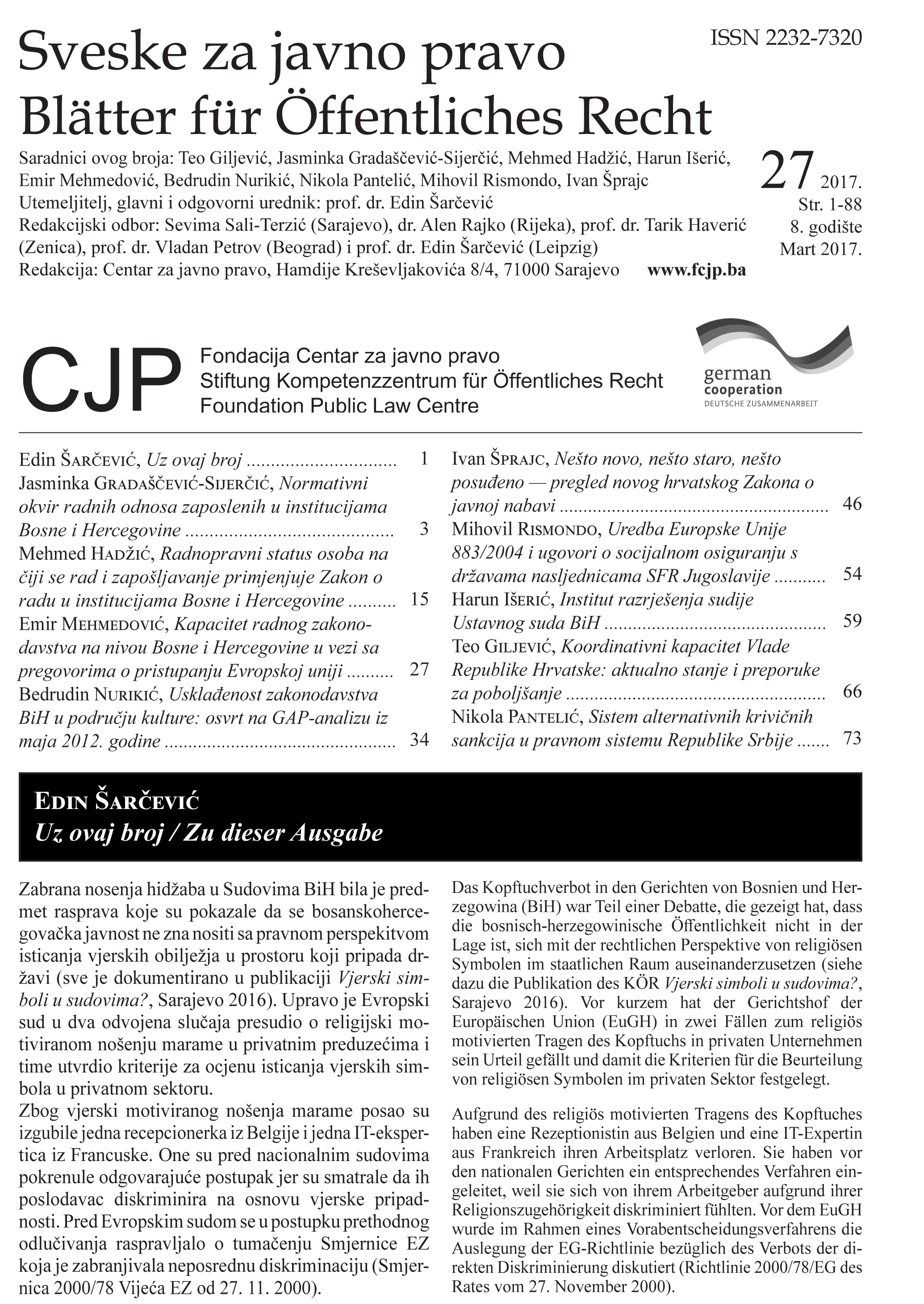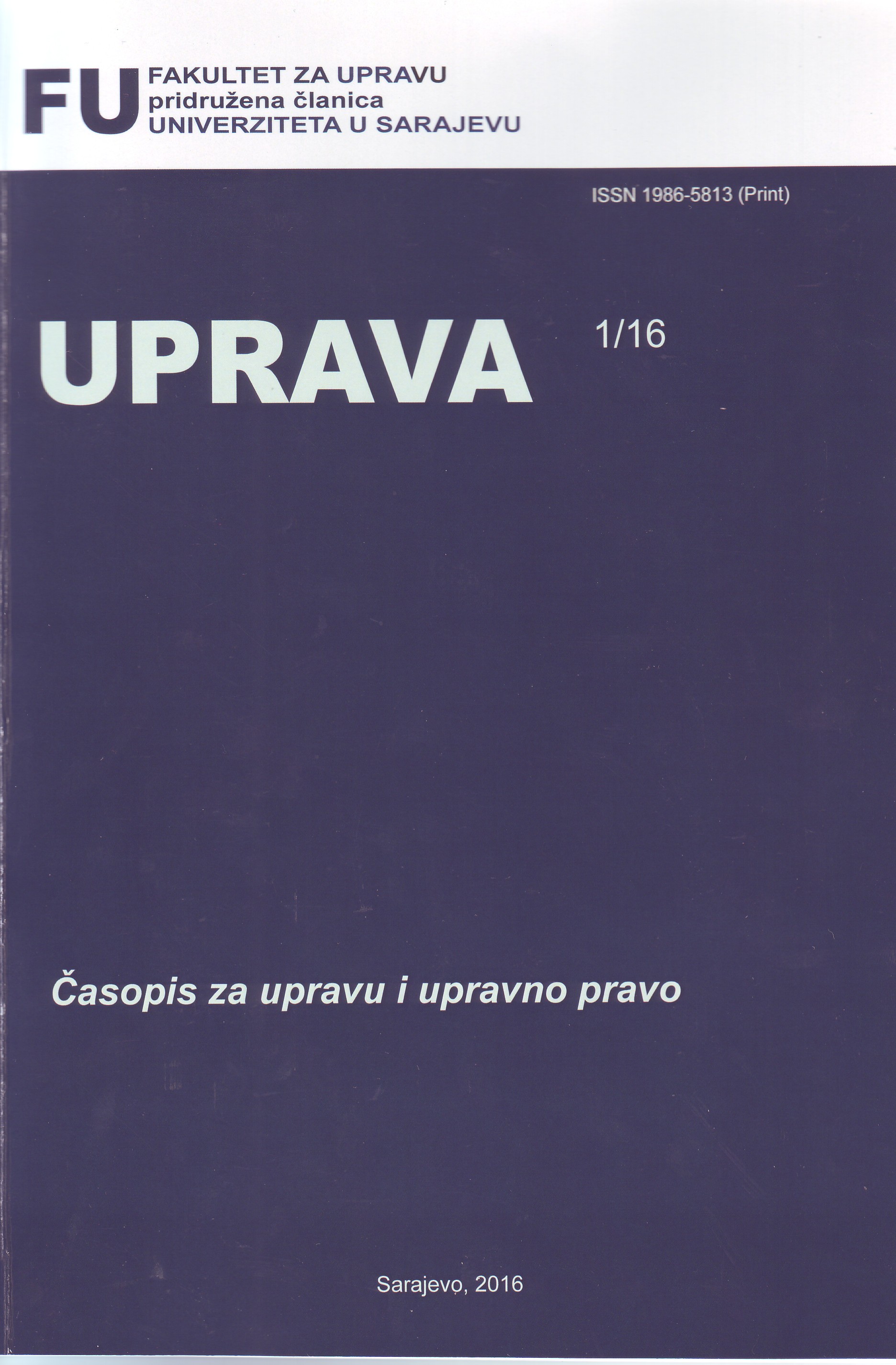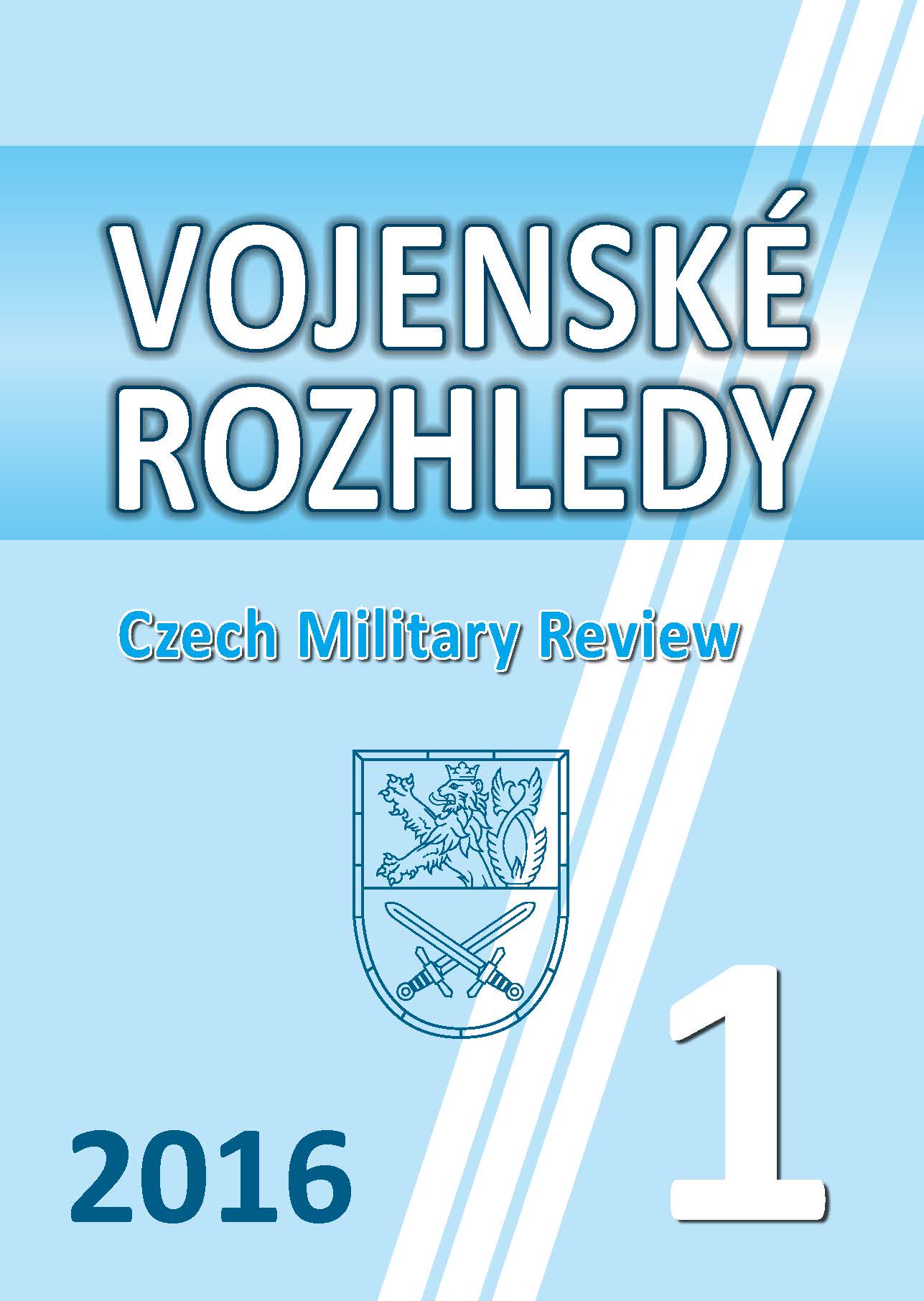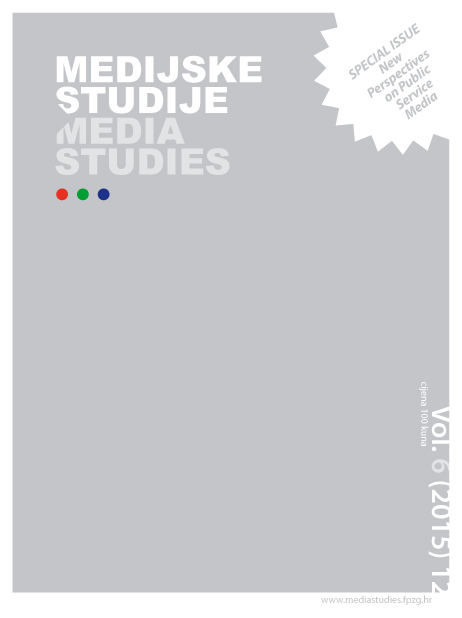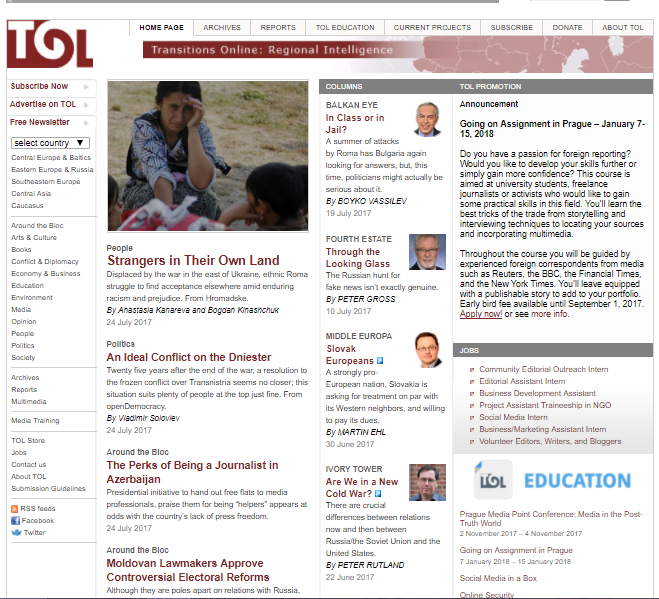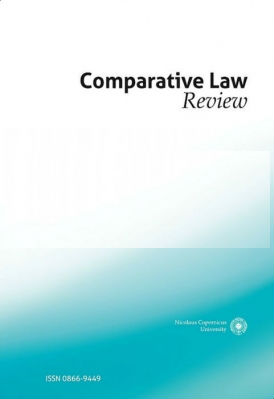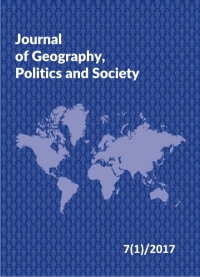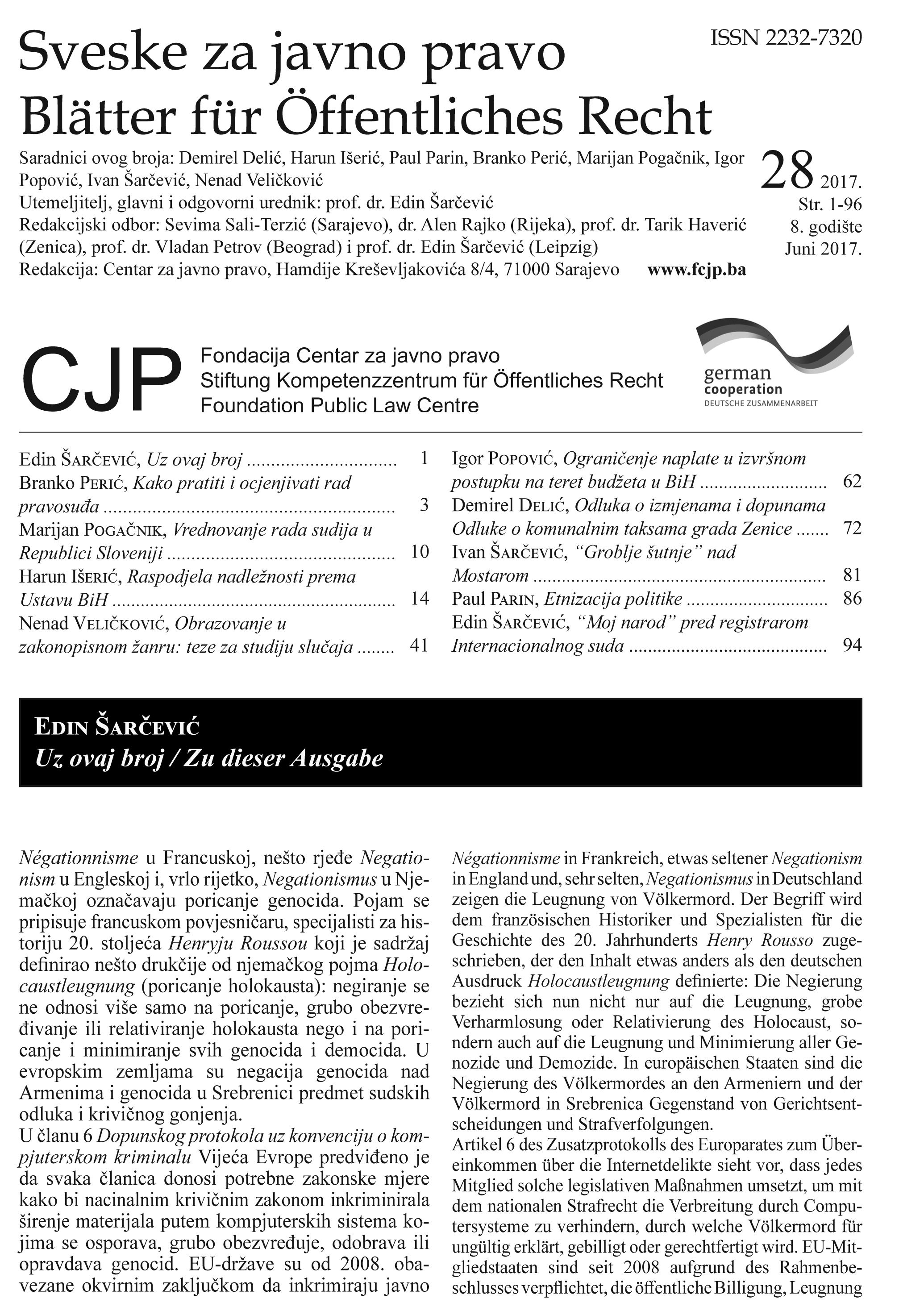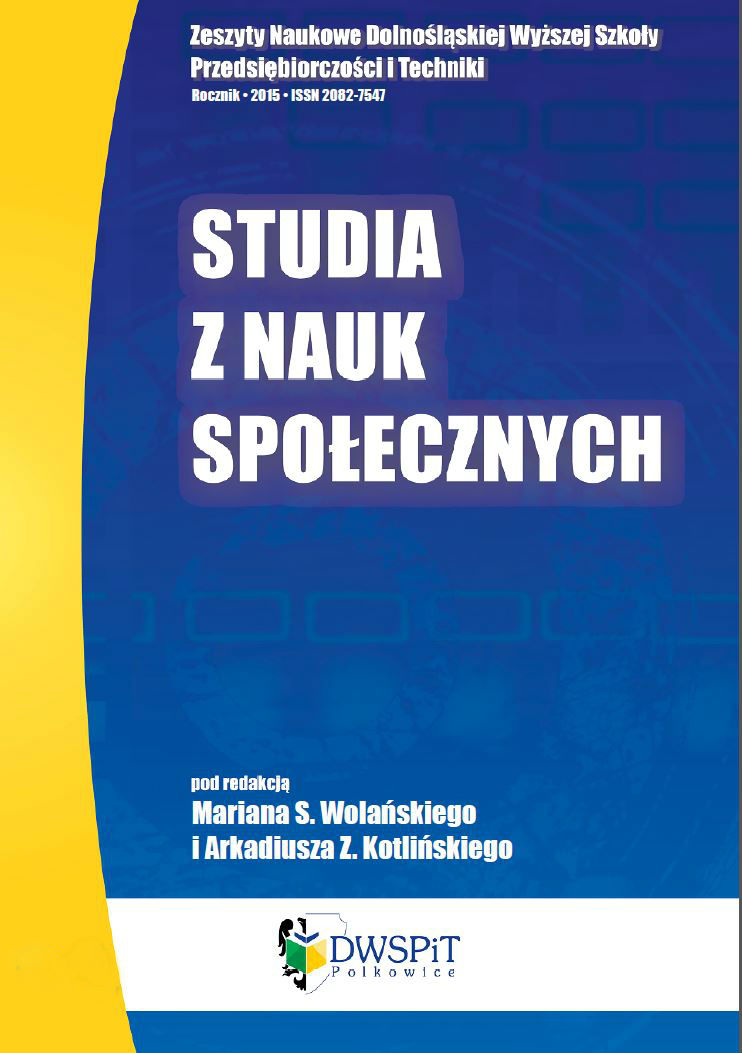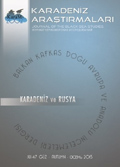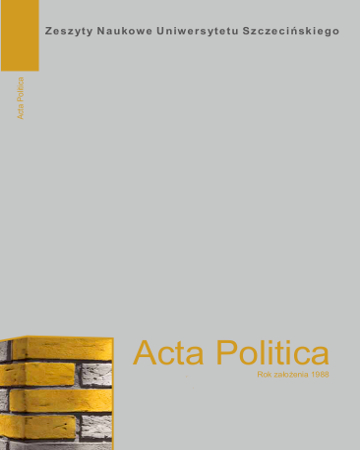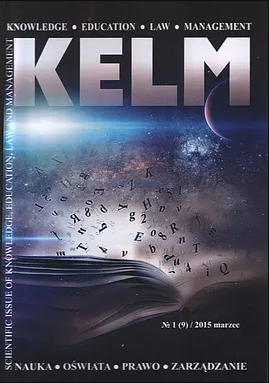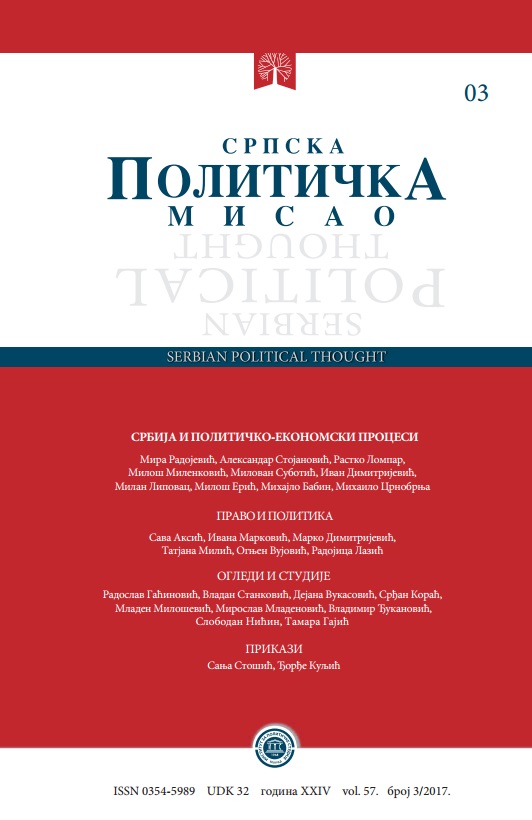Author(s): Ivan R. Dimitrijević,Milan Lipovac / Language(s): Serbian
Issue: 3/2017
In previous research we were dealing with the national interest as an analytical concept, where we gave a detailed review of different relevant authors’ perspectives about the concept of national interest, and provided with suggestions for the analysis of the national interests of the Republic of Serbia, through analysis of the National Security Strategy, analysis of keynote addresses of Prime Minister nominees, and analysis of statements from official Government representatives. We also gave a review of two most common tools for analysis of national interests – matrices developed by Joseph Frankel and Donald E. Nuechterlein in 1970s, and we focused on Nuechterlein’s division of national interest by two criteria. The first one identifies basic interests of one state (defense, economy, world order, and ideology), and the second one identifies the intensity of the former (existential, vital, major, and peripheral).
In this paper, we analyzed the national interest of the Republic of Serbia in a manner stated through keynote addresses (Government programmes) of Prime Minister Nominees from 2071 to 2017, which included eight Programmes overall. The main objective of this paper was to test the cognitive potential of the national interest, with the basic hypothesis that the national interest of small states is linked with the so-called “hard core of national interest” as implied by the Realists (Morgenthau), which is related to the issues of survival.
First we gave a review of the thematization of small states in Realist literature, where we recognized the key period when small states became a focus of research for several theorists (Robert Rothstein, Annette B. Fox, Robert O. Keohane, Peter R. Baehr, Miriam F. Elman, and Kenneth Waltz). Then we gave a brief recapitulation of the importance of national interest as an analytical concept, with an end view of Frankel’s and Nuechterlein’s contribution to the development of its analytical potential. We have chosen the Nuechterlein’s matrix, so that our scope for analysis was the Adjusted Nuechterlein’s matrix – the world order interests for great powers were reduced to the level of regions for small states. In case of Serbia, it is the “Western Balkans” and Europe. The Adjusted Nuechterlein matrix was then applied to operationalized structure of these addresses (Programmes). We conducted the qualitative analysis of the Keynote addresses’ content, firstly through the list of priorities given, then through the analysis of how the author of the Programme labeled specific issue (“of high priority”, “of utmost importance”, etc.), and lastly, in what context the expression “national interest” have been used. In the analysis of the national interest of the Republic of Serbia through Government programmes, we considered the following conditions: the state strength through small states concept in International Relations theories, and the specificities of the Republic of Serbia in relation to immediate (“Western Balkans”) and wider (European) environment.
Our findings showed us that there are two regularly mentioned priorities of the highest intensity (existential interests): Kosovo and Metohija, and the process of accession to the European Union, with a few more priorities only once mentioned as the highest ones – demographical issue and energy security. Combined existential and vital included the fight against organized crime and corruption, economic recovery, and the improvement of relations with neighboring countries. Our conclusion is that existential interests are primarily focused on values related to survival, which is in accordance with the Realist “hard core of international relations”.
More...

